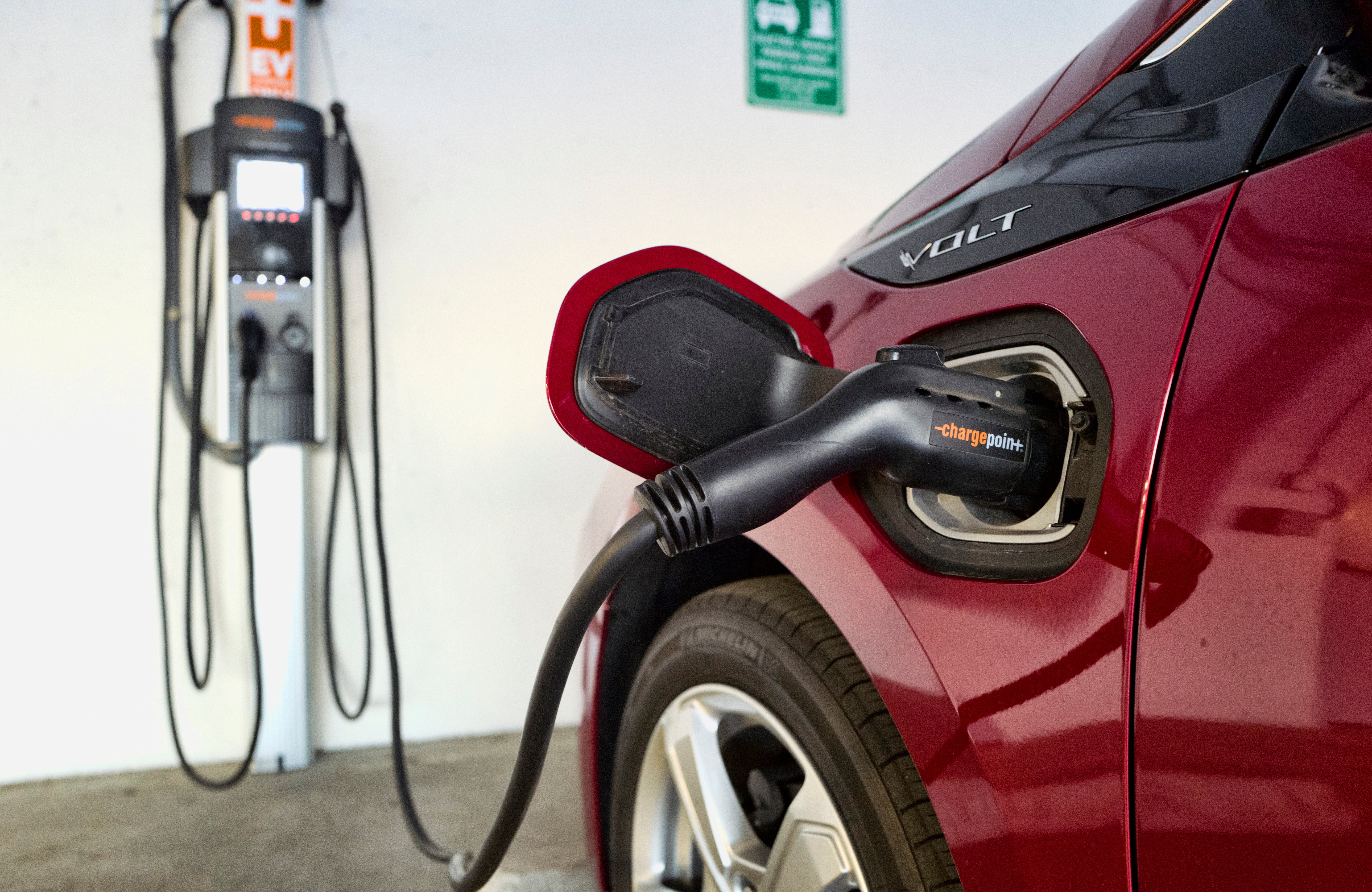New battery technology could bring electric cars that can travel a million kilometres, creators say

A new battery technology could allow electric vehicles to drive for a million kilometres, according to the researchers who created it.
Alongside battery capacity, their lifespan remains one of the big drawbacks of electric vehicles. After some time, those battery degrade and need to be replaced – which can be costly, environmentally damaging and complicated.
Much of the problem comes from the way that lithium secondary batteries of the kind used in electric vehicles store their charge. They do so by converting electrical energy into chemical energy to store it, and then turn back into electrical energy to use it.
They do that by using nickel cathode materials, which are able to store a large amount of the lithium ions that are required for that process. But the nickel-based materials are made of tiny crystals, and can gradually degrade as they are charged and discharged.
Researchers believe that problem might be addressed by producing the cathode material in a single large particle or crystal, which are less likely to break down.
In the new study, researchers looked to find the right temperature to try and make those single-crystal materials at high quality. They looked through a host of different temperatures and examined their effect on the capacity and long-term performance of the material.
They found that there is a critical temperature at which the materials can be produced at high quality and relatively easily. Those will then last much longer.
Above the temperature, a process called “densification” occurs, where the grains inside the material increase in size and any empty spaces are filled.
Once that has happened, the materials are extremely hard and do not degrade, which should allow them to last much longer.
“We have introduced a new synthesis strategy to enhance the durability of nickel-based cathode materials,” said Kyu-Young Park, a professor at Pohang University of Science & Technology, where the work was conducted. “We will continue our research to make secondary batteries for electric vehicles cheaper, faster, and longer-lasting.”
The research is described in a recently published article, ‘Comparison Study of a Thermal-Driven Microstructure in a High-Ni Cathode for Lithium-Ion Batteries: Critical Calcination Temperature for Polycrystalline and Single-Crystalline Design’, in the journal ACS Applied Materials & Interfaces.
Join our commenting forum
Join thought-provoking conversations, follow other Independent readers and see their replies
Comments
Bookmark popover
Removed from bookmarks